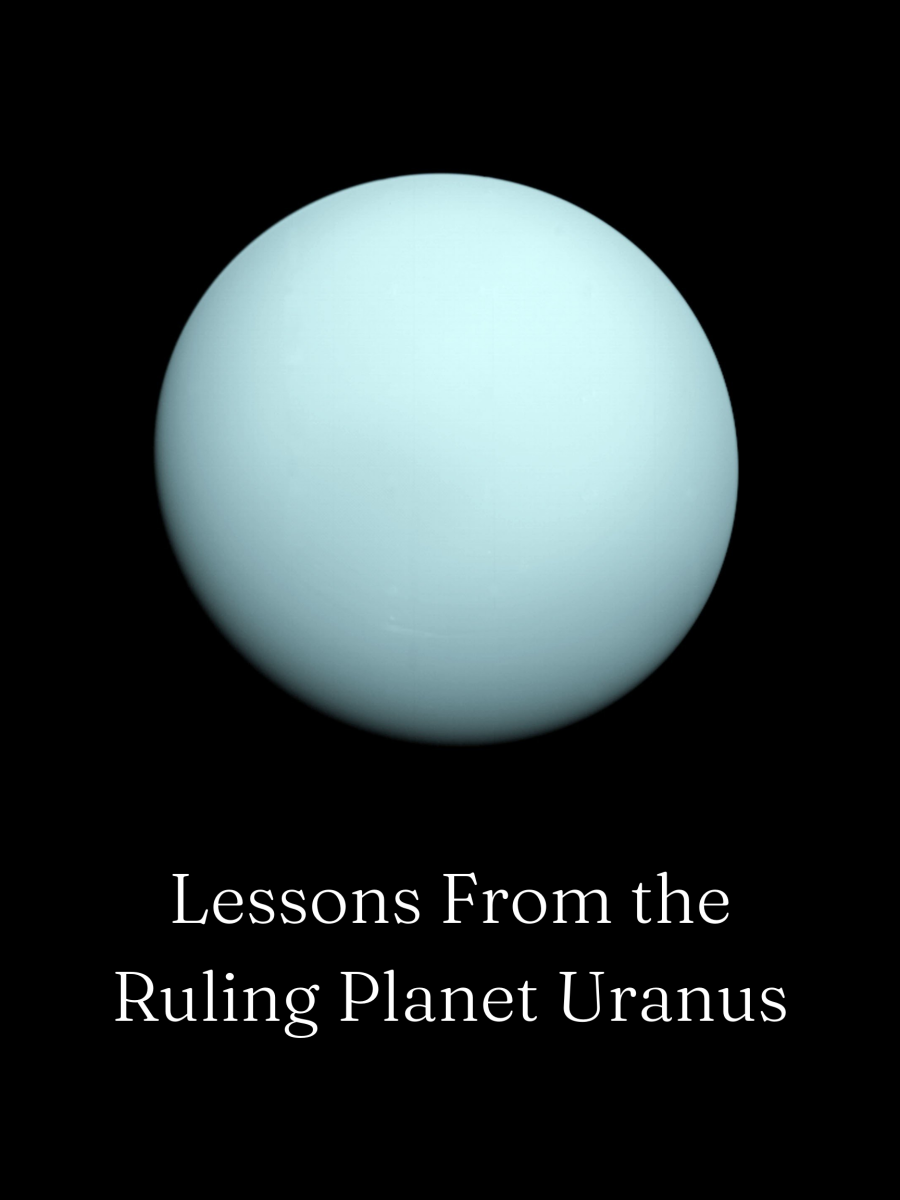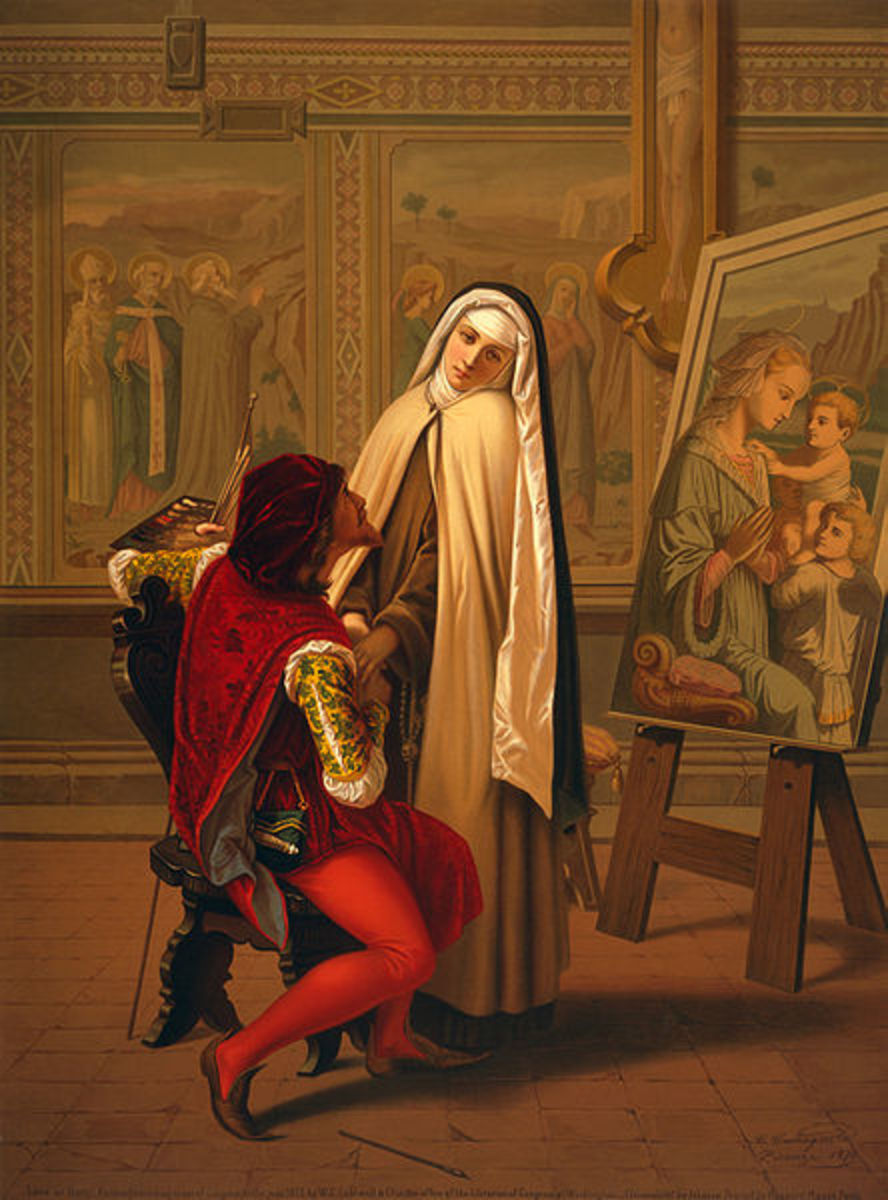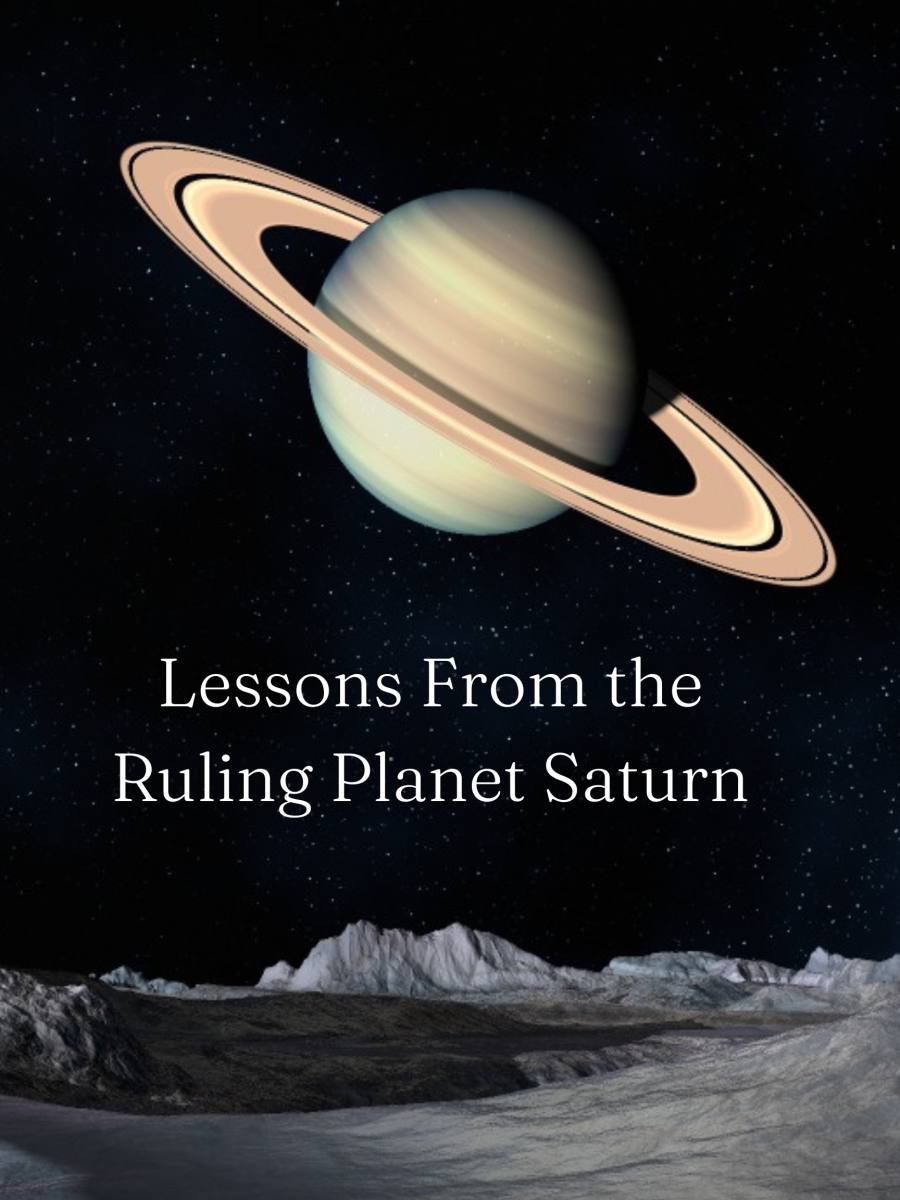Forever 27 Club and Amy Winehouse: is the evil curse of 27 real? How did the myth start? Is Astrology involved?
Introduction
The recent death of Amy Winehouse have again whipped up media frenzy about this so-called "Forever 27 Club", i.e. the "27 Club", about this group of famous musicians that all expired at age of 27. Among its "members" are:
- Jimmy Hendrix
- Brian Jones (Rolling Stones)
- Ron "Pigpen" McKernan (Grateful Dead)
- Janis Joplin
- Jim Morrison (the Doors)
- Kurt Cobain (Nirvana)
- Amy Winehouse
There is a better list available at Forever27.co.uk but these above are the easily recognizable names at least to Americans. Wikipedia has an even MORE comprehensive list of dozens of names.
Even a Chinese newspaper highlighted the "Evil Curse of 27". (See below)
So is this real? Or just a figment of our imagination? Let us find out.

Is there a curse of 27?
For every dead member on the list above, I can name you more than one who are famous, have the same sort of problems, from the same period, and have made it through just fine.
Mick Jagger, for example is such a survivor. Born in 1943, if he died at 27 that'd be right around 1970 or so, but he's still with us today. Both Jagger and Jones, part of Rolling Stones, were arrested for drug possession and Jagger was the one that spent time in prison (Jones did not). Yet somehow, Jagger survived, and Jones did not.
Yet the number 27 do come up more often than not. Even Kurt Cobain was perfectly aware of it. His mother was reported quoted saying "I told him not to join that stupid [Forever 27] club." However, Cobain's biographer refuted that idea that the death was deliberate attempt to "join" the 27 club, stating that Cobain had attempted suicide many times before.
Is there something special about that age, or musicians that made them more vulnerable?
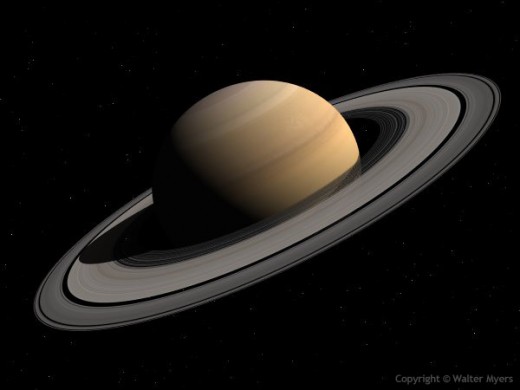
"Saturn Return" Astrology Idea
A lot of articles mentioned "Saturn Return", which is an idea in astrology that one's life is governed by Saturn, which revolves around the sun every 29.4 years, so one's life is governed by it roughly from age of 27 to 30. The general idea is that the Saturn's return marks a major milestone in a person's life. The first, at about 28, is transition from child to adult, and somehow, these musicians couldn't survive the transition.
However, this is actually describing a psychological "coming of age" problem, rather than a particular astrological event / phenomenon. In other words, it sounds like Saturn is used as a symbol to describe a cycle in one's life, instead of Saturn being the CAUSE of one's life.
Perhaps there are more mundane answers to be had...
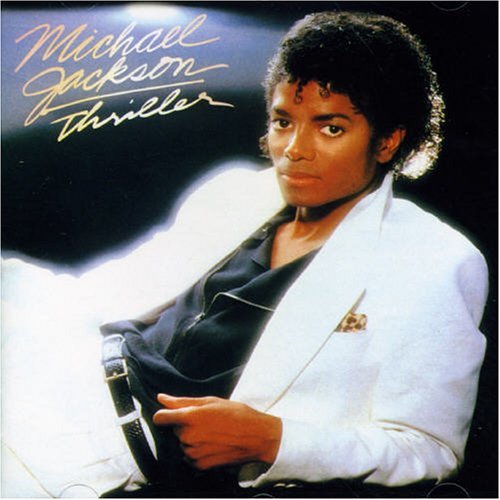
Coming of Age: What's Next?
Musicians who made it big in their 20's usually have a hard act to follow. The fame and fortune often erode their work ethics. Frankly, to be a true artist, you have to be a little unbalanced, to see the world in a very different way, and be able to express that view that resonates with people. If you made it big in your early 20's, by your late 20's (i.e. 27) your career would have plateau'ed, and people start to think you're a one-hit-wonder with no future.
Interview with Michael Jackson revealed that he started his painkiller addiction around 24, after making those hit songs like Thriller, Billy Jean, Beat It, and so on. However, Michael Jackson started young, and he survived past year 2000, only to expire recently under tragic circumstances.
Does Ms. Winehouse know where she's going next? With only 2 albums (let's ignore her debut album which didn't sell well) she's a celebrity, but not a VERY rich one. Her concert bombed and she probably have to pay back a ton of money to the concert promoters (but her manage would have taken care of that.)
Does she know what she needs to do to move on to next stage of her life? She probably had no idea how to move forward.
Did her flame burn too bright and when a gust came along, it went all out instead of staying barely lit until the gust passes?
Media Attention and Depression
The media is relentless. With advent of blogs, Internet, and instant reports, the pressure on a celebrity is harsher than ever, their moves stalked by paparazzi everywhere. When have we NOT heard Ms. Winehouse's struggle with drugs? In fact, a website started a sweepstake on when would Amy Winehouse die (linked deleted as it's no longer relevant) many years back. Winner gets an iPod Touch (hey, why don't you throw in a bunch of Amy Winehouse songs too? Can't add THAT much to the winnings... there ain't that many of them)
When Ms. Winehouse was boo'ed off stage in Belgrade after arriving late and possibly high or drunk, we tsk- tsk-ed and trash-talked her relapse.
Celebrities are that way because they seek attention and WANT public approval. They get hit just as hard by criticism. In the age of Internet, criticism is instantaneous and unrelenting.
To escape from such criticism, some choose work. Others... choose not so wisely.
Musicians vs. Other Artists
Some experts pointed out that musicians seem to suffer more from burnout and more likely to turn toward vices to fill their lives, and it is indeed a correlation.
A concert is at best, a few hours of performance (very few, less if you have other bands performing as well). If you do it on a tour, you're still doing only a few hours every day or two depending on how busy the tour schedule is. You are wound up for the performance, then let down, with LONG periods of idleness between tours that you need to do nothing.
Same with the studio recording sessions... It's short periods of euphoria of performance, followed by long periods of boredom.
Movie stars and TV stars don't have this problem as bad. They are required to stay on the set for long periods of time, often even sleep in their trailers and such, stay dressed / in makeup / in character for 8-14 hours, for months at a time. When one job ends, they move onto another.
if you want a comparison, musicians go through this huge swing in work schedule (and probably mood), while TV and Movie stars are more "stable" in their work schedule (and thus, their mood)
Are musicians more prone to drug and alcohol abuse? It certainly seems that way.
Why 27?
The number 27 here, is actually meaningless. Musicians, due to nature of their work, get into this pattern. They became successful in their early to mid- 20's. Their career plateaued a few years later, in mid or late 20's. From there on, they can die, fade, or evolve into something better. Yet the media, and the fans are fascinated by the macabre. We don't care about the one's who faded, or went on to more success. We want to know about the dead.
We like to believe in the simple soundbite explanations... this "Curse of 27" is one such example. This got started when 3 superstars all died within a few months of each other in the 1970s. However, the 1970s is also the age of illegal drugs, when we know little about them, and how they can kill. There was also some controversy on the nature of those deaths, which is the stuff of legends and urban myths.
The number 27? Purely coincidental before, but now that it's popularized into a cultural phenomenon, it's self-sustaining. Kurt Cobain's sister reputedly said that Cobain wanted to join the 27 club, but as explained before, this was doubted by Cobain's biographer.
Conclusion
Is there such thing as "Forever 27 Club"? Depends on how you define it.
If you mean it as a "group of musicians who can't handle the pressures of success and succumbed to the vices in their late 20's", yes.
If you mean it as a "group of musicians struck by curse of 27", no.
The so-called "27 Club" started as a coincidence, that illustrated the difficulties of being a musician in the modern world, and how the vices can corrupt. However, the idea, through sensationalism of the media, turned into a self-sustaining cultural phenomenon and a story that refuse to die, but grown into sort of urban legend.
More on "Club 27"
- Statistically speaking, the 27 club has a lot to do with coincidence
Statistician analyzed young musician deaths, found while 27 is most common age of death, it's not significantly higher than other ages of death. - Amy Winehouse Wanted to Be in the 27 Club, expert said
The co-founder of Passages Malibu treatment center thinks that Amy Winehouses membership in the 27 Club may have been by design, not just an eerie coincidence. Since the 27-year old British singers - 27 Club - Wikipedia, the free encyclopedia
Wikipedia Entry on "27 Club", i.e. "Forever 27 Club"

